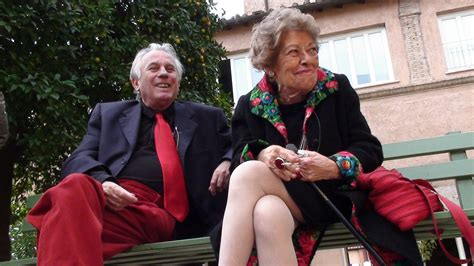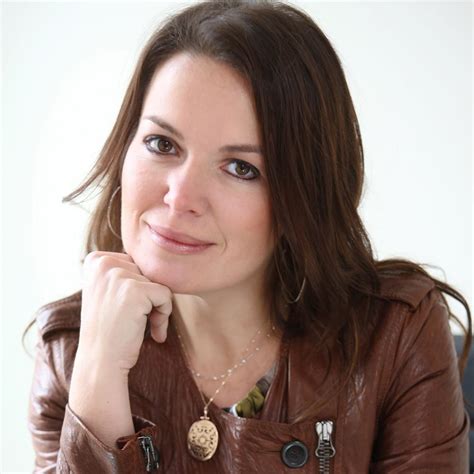A Quote by L. Neil Smith
Incidentally, the next time some war-mongering wise-ass tries to tell you that one reason we're in the Middle East is to enhance the civil rights and social equality of women, remind them that we very enthusiastically destroyed the most secular country over there, where women could dress as they liked, have good jobs, be literate, and vote.
Related Quotes
My friend Patsy Mink was a champion for social and economic justice, equality and civil rights for women and marginalized communities. She was a trailblazer who never backed down from a challenge and whose work in Hawaii and Congress brought positive change to the lives of women, children, and minorities in Hawaii and across the country.
I think in a society where you can't even pass the Equal Rights Amendment, it's very difficult to women make a progress. Incidentally, we are exactly 160 years after the very first women's public rights convention in Seneca Falls, New York, when a handful of women started it all and began the movement to make women equal.
It's my greatest success. Women did not vote in Italy until 1946. A good friend and I put together a group of women to protest this. I was very young, just a girl. We went to the Viminale [home of the Ministry of the Interior] and spoke to the chair of the ministry board. Thanks to our initiative, we got the bureaucracy rolling on giving women the right to vote. I have to thank my father for this. He was in Geneva at the League of Nations, and women voted there. He thought it was absurd that women didn't vote in his country yet.
There may be countries [where] there's no gender inequality in schooling, even in higher education, but [where there is] gender inequality in high business. Japan is a very good example of that. You might find cases in the United States where at one level women's equality has progressed tremendously. You don't have the kind of problem of higher women's mortality as you see in South Asia, North Africa, and East Asia, China, too, and yet for American women there are some fields in which equality hasn't yet come.
In the nineteenth century, in part because a ton of American men moved west, in part because of the Civil War, and in part because of trepidation about marriage, which was then a very confining institution, there was a big population of women - mostly middle-class white women on the East Coast - who didn't marry.
The Civil Rights Act of 1964 was the most sweeping civil rights legislation of its day, and included women's rights as part of its reforms. Ironically, the section on women's rights was added by a senator from Virginia who opposed the whole thing and was said to be sure that if he stuck something about womens' rights into it, it would never pass. The bill passed anyway, though, much to the chagrin of a certain wiener from Virginia.
The great social justice changes in our country have happened when people came together, organized, and took direct action. It is this right that sustains and nurtures our democracy today. The civil rights movement, the labor movement, the women's movement, and the equality movement for our LGBT brothers and sisters are all manifestations of these rights.
Men realize that they have work to do, to pull up women and take ownership on where we are as a society, and that they have work to do to help their female relatives and friends - to give a voice to women, not in a patriarchal way, but in a supportive way. It is all of our jobs to make sure that women's rights are human rights, and that they do have a place at the table, and we all push toward equality.
In my opinion, the battles over birth control and Planned Parenthood are primarily neither political nor religious. This is an issue of equality for women. This is an issue of women's rights: Planned Parenthood is the most important private provider of reproductive health care for women in the United States.






































